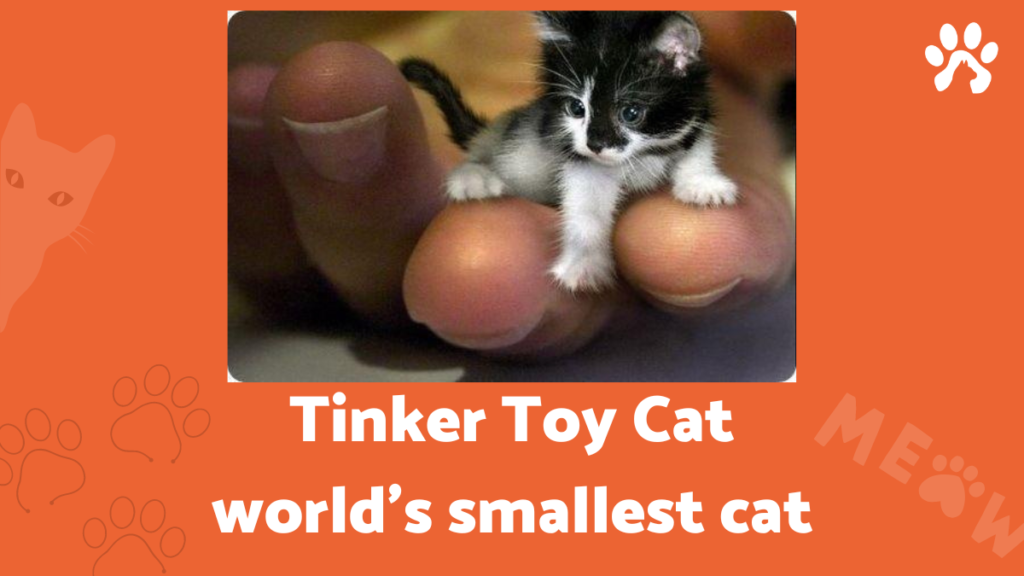Cats are a popular choice for pets, and many cat owners wonder how long their furry friends will live. The average cat lifespan depends on various factors, including breed, genetics, and overall health. Understanding the factors that influence cat life span can help you provide the best care for your feline friend and ensure that they live a long and healthy life.
What is the Average Cat Life Span?
What is the Average Cat Life Span?
According to the American Veterinary Medical Association (AVMA), the average cat lifespan is around 15 years. However, many cats can live well into their 20s or even 30s with proper care. Factors that can influence cat life span include genetics, diet, exercise, and medical care.
Factors that Affect a Cat’s Life Span:
Genetics play a significant role in a cat’s life span, with certain breeds having longer life expectancies than others. For example, Siamese and Persian cats typically live longer than breeds like the Bengal or Sphynx. Diet is another critical factor, and cats who eat a balanced diet with high-quality protein and nutrients are more likely to live longer. Regular exercise and medical care, such as vaccinations and routine check-ups, can also contribute to a longer life span.
Breed:
Certain breeds are known to have longer lifespans than others. For instance, Siamese and Persian cats tend to live longer compared to other breeds, with an average lifespan of 15 to 18 years. Additionally, some breeds may be predisposed to certain health conditions that can decrease their life expectancy.
Genetics:
Genetics plays a crucial role in determining a cat’s life span. Some cats may be predisposed to certain health conditions that decrease their life expectancy. Therefore, it is essential to research your cat’s breed and family history to identify any potential health risks and take preventive measures.
Environment:
The environment also affects a cat’s life span. Indoor cats generally live longer than outdoor ones due to reduced exposure to environmental hazards such as cars, predators, and extreme weather conditions. Additionally, indoor cats are less likely to contract diseases and infections from other animals.
Health:
Maintaining good health is critical to ensuring a long life for your cat. Regular veterinary check-ups and vaccinations help prevent and detect health problems early on. Proper nutrition and exercise are also essential.
Lifestyle Choices:
Lifestyle choices can also impact an average cat life span. Providing your cat with a balanced diet, regular exercise, and mental stimulation can help keep them healthy and active. Avoiding harmful substances like tobacco smoke and certain household chemicals can also improve their overall health and longevity.
Common Health Problems in Cats
Cats can develop a range of health problems as they age, including dental disease, kidney disease, and arthritis. It’s important to stay up to date with your cat’s medical care to prevent or manage these conditions, as they can significantly impact your cat’s quality of life and life span.
Signs of Aging in Cats
As cats age, they may experience changes in behavior and physical appearance. Some common signs of aging in cats include decreased activity, changes in appetite or weight, and decreased mobility. It’s essential to pay attention to these signs and seek veterinary care if you notice any concerning changes.
Tips for Extending Your Cat’s Life Span
There are several steps you can take to help your cat live a longer and healthier life. the average cat life span could be increased by Providing a balanced diet, regular exercise, and medical care are critical. Additionally, keeping your cat indoors can help prevent accidents and exposure to diseases. Providing mental stimulation through playtime and environmental enrichment can also help keep your cat healthy and happy.
Coping with the Loss of a Cat
While it can be challenging to think about, when taking average cat life span into consideration? cats will eventually reach the end of their life span. Coping with the loss of a beloved pet can be challenging, and it’s essential to take time to grieve and process your emotions. Many pet owners find comfort in creating a memorial or engaging in activities that honor their pet’s memory.
Conclusion:
The average cat life span is around 15 years, but many cats can live longer with proper care. Factors that influence cat life span include genetics, diet, exercise, and medical care. It’s essential to pay attention to signs of aging in cats and seek veterinary care if you notice any concerning changes. By providing proper care, you can help your cat live a longer, healthier life.


